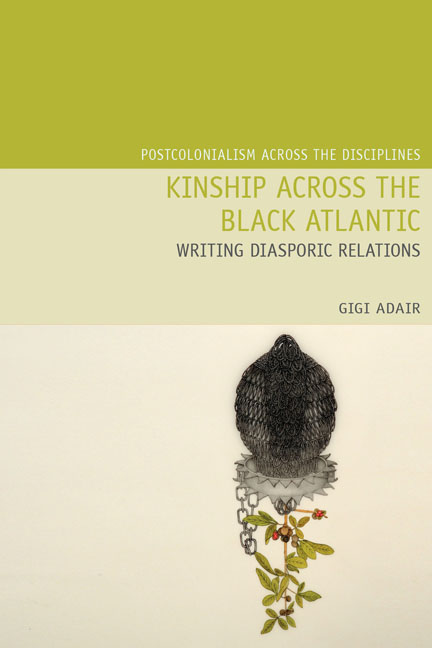2 - Destabilizing structuralism in Pauline Melville's The Ventriloquist's Tale
Summary
Like Kincaid's novel, Pauline Melville's The Ventriloquist's Tale offers a rewriting of colonial and anthropological discourses, but with a very different tone, and with more optimism about the potential of anti and postcolonial writing. Unlike the despairing tone of Kincaid's text, Melville's novel is narrated, at least in part, by a rambunctiously cheeky ventriloquist and trickster, and even in its more sober and ‘realist’ sections it never slips into despair even in the face of tragedy. Instead of a life narrated from birth to old age, it is structured in five parts, shifting backwards and then forwards again over several generations before a twist which throws both its narrative structure and apparent realism into doubt. Melville's novel also grapples with an anthropological— particularly and specifically Lévi-Straussian—and, by extension, Derridean legacy, by addressing the intersection of kinship, anthropology and colonialism. Despite their differences, the two novels also both address the question of writing and language as such—not only because they both feature female characters who are inveterate masturbators, thereby simultaneously recalling and resignifying the fact that for Rousseau, in many ways the forefather of modern anthropology and a strong influence on Lévi-Strauss, ‘it was difficult to separate writing from onanism’. Melville's novel, however, exemplifies more the other style of postcolonial writing described by Derek Walcott in ‘The Muse of History’: more interested in integrating the past into a syncretized present than in the crimes of the past, and understanding language as endowed with creative potential by its colonial history, rather than burdened by it. The Ventriloquist's Tale features a structural anthropologist who seems to be a latter-day version (and parody) of the Lévi-Strauss himself, and it offers an exploration of the relationship between myth and reality. It also offers an interrogation of two of Lévi-Strauss's key themes: writing, language and cultural change, and incest, sexuality and kinship. Set mostly in a Wapisiana Amerindian community in the central savannahs of Guyana, not far from the Brazilian Amazon where Lévi-Strauss did the fieldwork described in Tristes Tropiques, Melville's novel directly addresses the relationship between indigenous peoples and western knowledge production, and between knowledge, narration and colonial violence.
- Type
- Chapter
- Information
- Kinship Across the Black AtlanticWriting Diasporic Relations, pp. 59 - 82Publisher: Liverpool University PressPrint publication year: 2019

